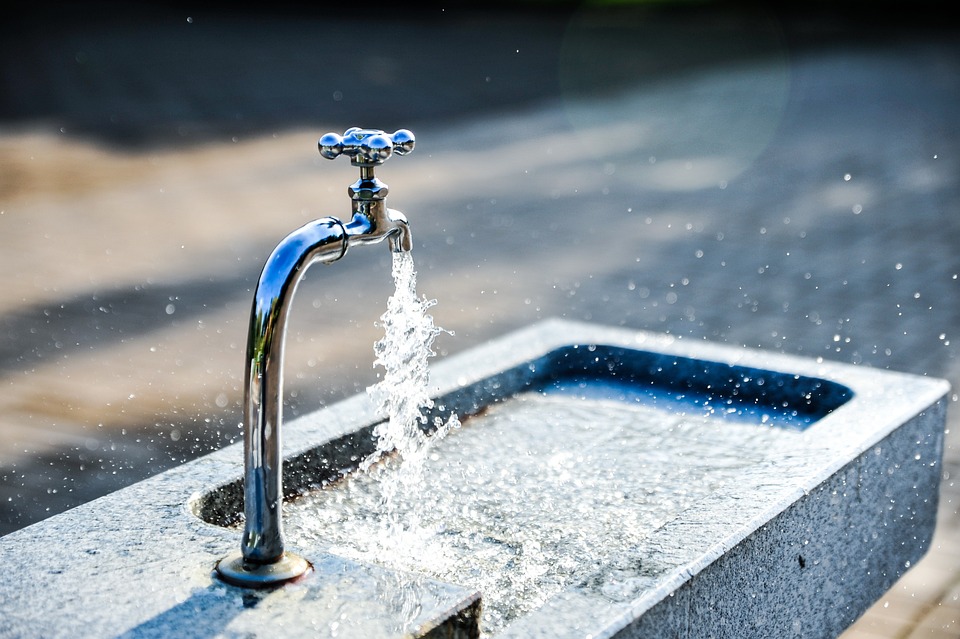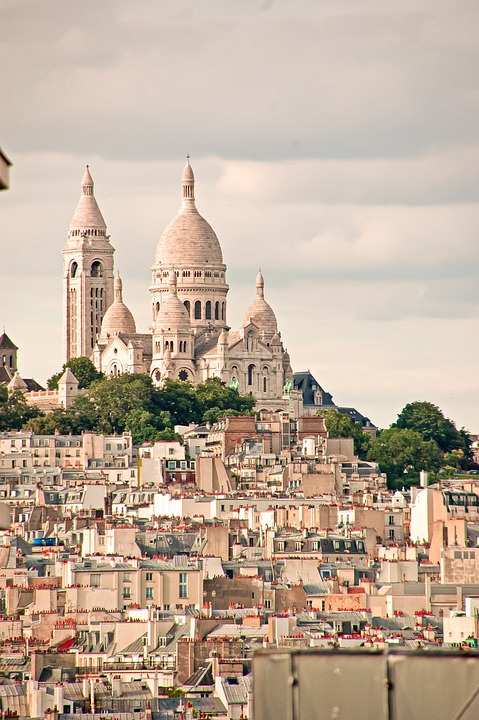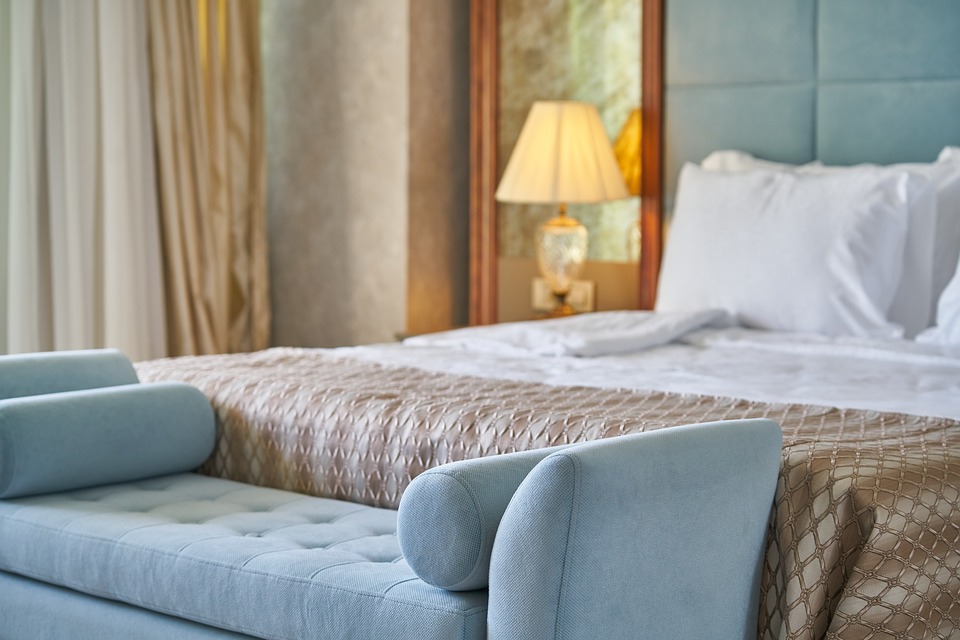Sipping Safely: The Truth About Drinking Tap Water in Paris
Paris, the City of Light, evokes images of charming streets, majestic monuments, and, for the discerning traveler, perhaps a consideration of what pours from its taps. While many visitors might assume that purchasing bottled water is a must in the French capital, the real truth is far less expensive and much more environmentally friendly: the tap water in Paris is not only safe to drink, but it is also subject to rigorous checks to ensure its quality.
The Source and Safety
Parisian tap water primarily comes from two sources: surface water and groundwater. The surface water is drawn from the Seine and Marne rivers, while groundwater is sourced from aquifers. This water undergoes extensive treatment processes before it ever reaches a Parisian tap. The treatment facilities in Paris employ advanced filtration and purification technologies to eliminate contaminants and ensure the water’s safety and palatability.
According to Eau de Paris, the public entity managing the city’s water supply, over 200,000 quality checks are carried out yearly. These checks are conducted at the source, during distribution, and even at the consumer’s tap, evaluating the water against some of the most stringent standards in the European Union. The results consistently show that Parisian tap water meets or exceeds the safety criteria set by both French and EU regulations.
Taste and Quality
While safety is paramount, taste is something many water drinkers hold dear. Paris tap water can have a distinct taste due to the presence of minerals like calcium and magnesium, which are naturally occurring and contribute to its "hard" water classification. Some Parisians and visitors might find it slightly different from what they’re used to, but these minerals are harmless and can even offer health benefits.
The Environmental and Economic Impact
Choosing to drink tap water in Paris over bottled alternatives offers significant environmental and economic benefits. The production, transportation, and disposal of plastic bottles contribute to pollution and greenhouse gas emissions, whereas enjoying tap water requires no packaging and minimal energy.
Financially, it’s also a smart choice. Bottled water in Paris can be costly, especially in high-tourist areas. Choosing to fill a reusable bottle with tap water can save considerable money over even a short visit, allowing those euros to be spent on Paris’s many attractions instead.
Addressing Common Concerns
One common concern for some consumers is the presence of chlorine, which is used to disinfect the water. While chlorine can affect taste, the amount used in Parisian water is minimal and well within safe consumption parameters. If the chlorine taste is an issue, simply letting the water sit for a few minutes or cooling it in the fridge can help it dissipate.
Additionally, lead pipes are a rare but potential concern in older buildings. Fortunately, Eau de Paris has been proactive in replacing public lead pipes, and landlords are responsible for ensuring internal plumbing is up to code.
Final Sip
For visitors and residents alike, the message is clear: Paris’s tap water is not only safe but also a sustainable and sensible choice. Whether you’re sitting in a small café on a rainy day or exploring the grand boulevards under the summer sun, staying hydrated with tap water can be a refreshing part of your Parisian experience. By sipping safely and conscientiously, you can enjoy one of the many unseen luxuries this extraordinary city has to offer.



